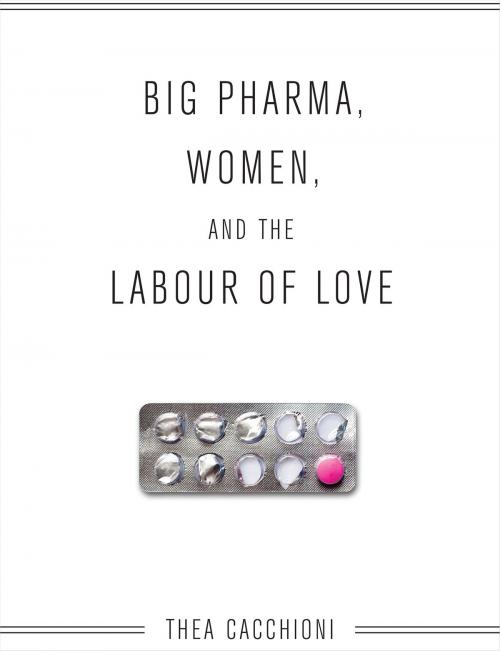Big Pharma, Women, and the Labour of Love
Nonfiction, Health & Well Being, Medical, Reference, History, Health, Women&| Author: | Thea Cacchioni | ISBN: | 9781442694118 |
| Publisher: | University of Toronto Press, Scholarly Publishing Division | Publication: | July 27, 2015 |
| Imprint: | Language: | English |
| Author: | Thea Cacchioni |
| ISBN: | 9781442694118 |
| Publisher: | University of Toronto Press, Scholarly Publishing Division |
| Publication: | July 27, 2015 |
| Imprint: | |
| Language: | English |
In 2010, Thea Cacchioni testified before the US Food and Drug Administration against flibanserin, a drug proposed to treat low sexual desire in women, dubbed by the media the “pink Viagra.” She was one of many academics and activists sounding the alarm about the lack of science behind the search for potentially lucrative female sexual enhancement drugs.
In her book, Big Pharma, Women, and the Labour of Love, Cacchioni moves beyond the search for a sexual pharmaceutical drug for women to ask a broader question: how does the medicalization of female sexuality already affect women’s lives? Using in-depth interviews with doctors, patients, therapists, and other medical practitioners, Cacchioni shows that, whatever the future of the “pink Viagra,” heterosexual women often now feel expected to take on the job of managing their and their partners’ sexual desires. Their search for sexual pleasure can be a “labour of love,” work that is enjoyable for some but a chore for others.
An original and insightful take on the burden of heterosexual norms in an era of compulsory sexuality, Cacchioni’s investigation should open up a wide-ranging discussion about the true impact of the medicalization of sexuality.
In 2010, Thea Cacchioni testified before the US Food and Drug Administration against flibanserin, a drug proposed to treat low sexual desire in women, dubbed by the media the “pink Viagra.” She was one of many academics and activists sounding the alarm about the lack of science behind the search for potentially lucrative female sexual enhancement drugs.
In her book, Big Pharma, Women, and the Labour of Love, Cacchioni moves beyond the search for a sexual pharmaceutical drug for women to ask a broader question: how does the medicalization of female sexuality already affect women’s lives? Using in-depth interviews with doctors, patients, therapists, and other medical practitioners, Cacchioni shows that, whatever the future of the “pink Viagra,” heterosexual women often now feel expected to take on the job of managing their and their partners’ sexual desires. Their search for sexual pleasure can be a “labour of love,” work that is enjoyable for some but a chore for others.
An original and insightful take on the burden of heterosexual norms in an era of compulsory sexuality, Cacchioni’s investigation should open up a wide-ranging discussion about the true impact of the medicalization of sexuality.















